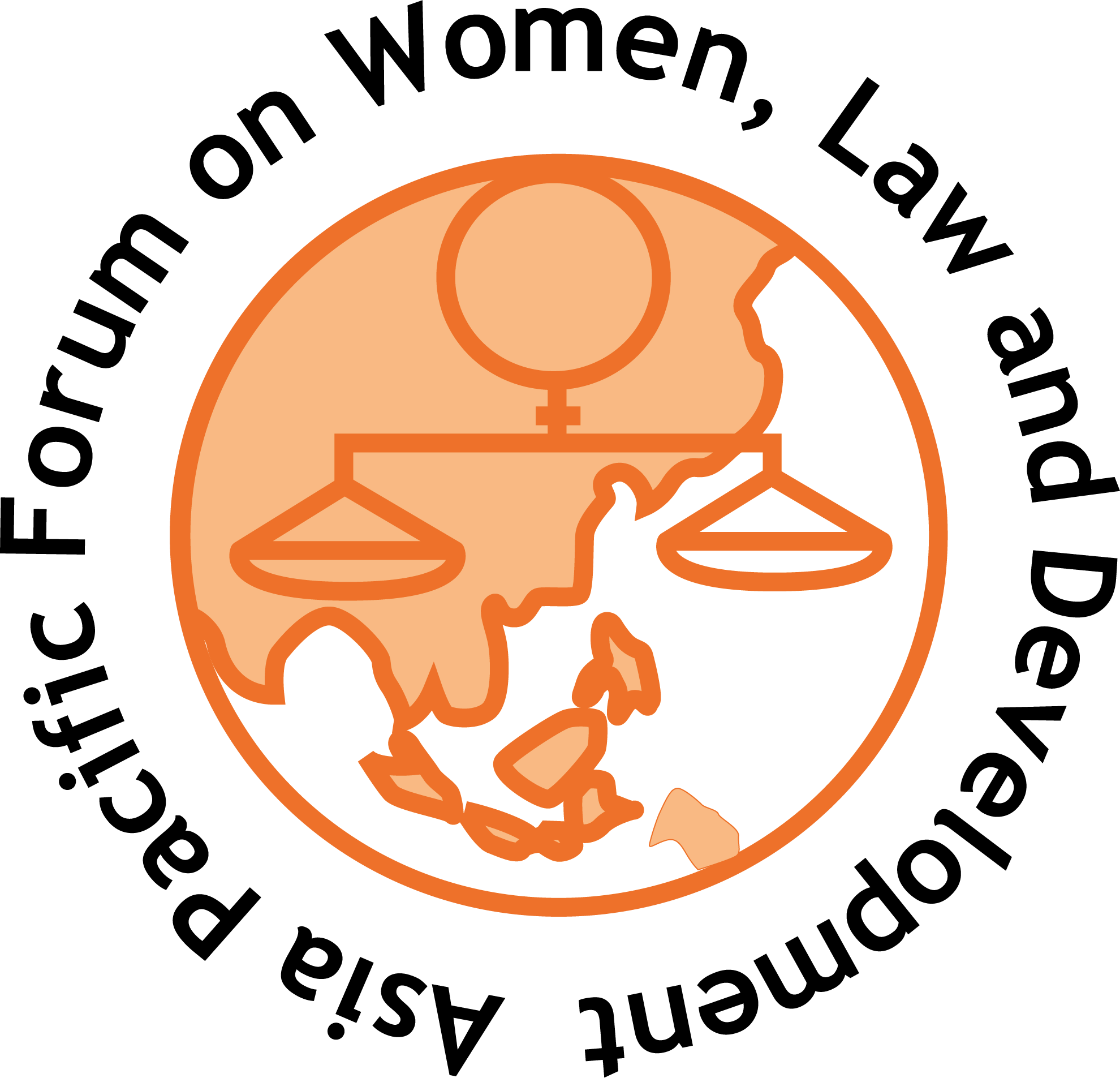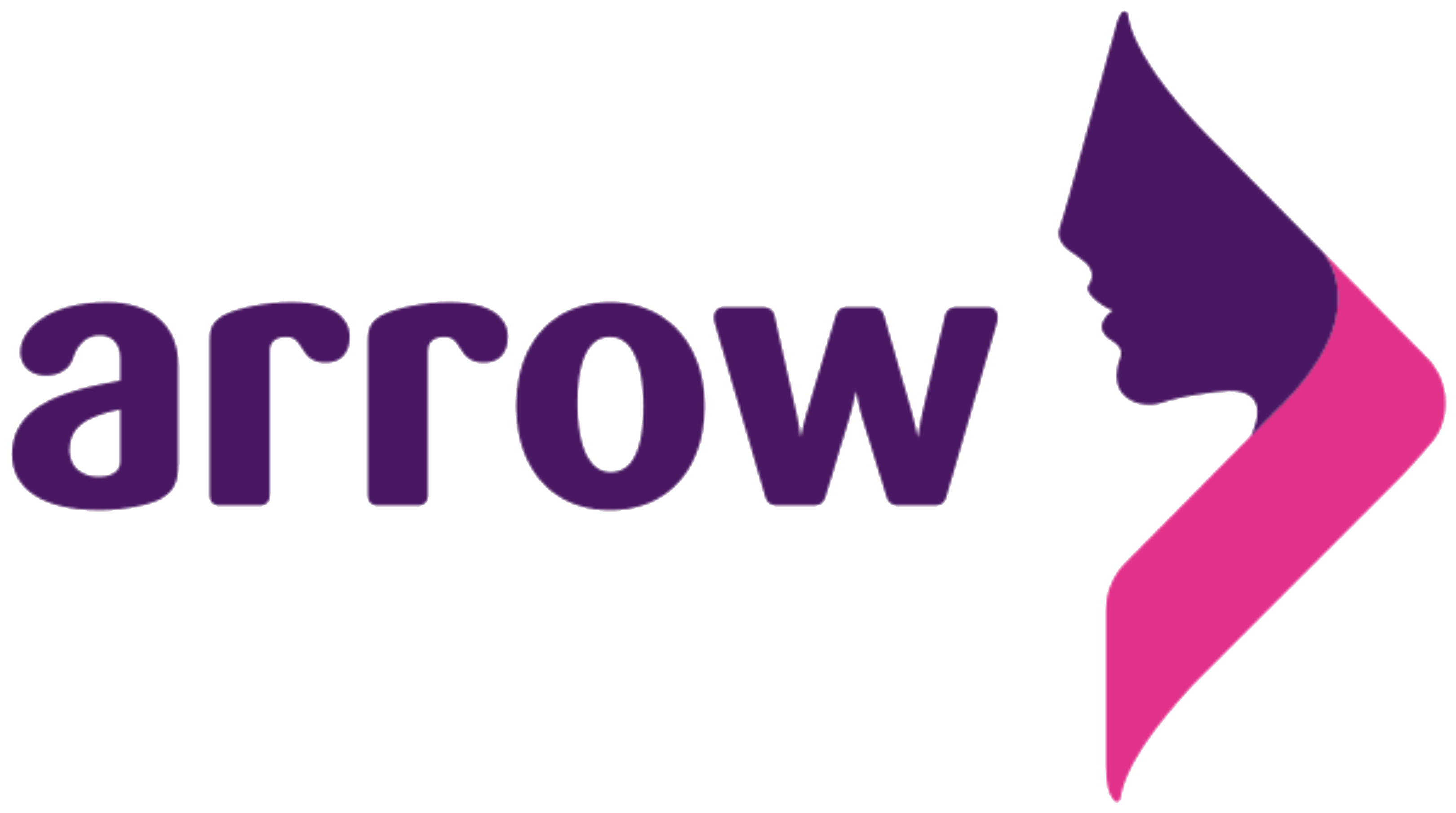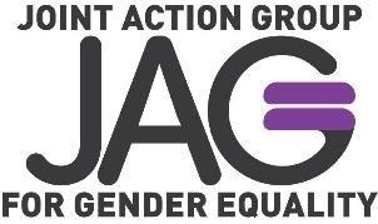In 2021, some women’s groups* in Malaysia created their own court: a Women’s Tribunal to Reimagine Justice.
Over two days — 27 and 28 November 2021 — 26 witnesses presented compelling personal testimonies before a panel of three judges, about the discrimination and violations of their rights that they have experienced. The aim? To raise awareness, and seek justice for themselves and every woman in Malaysia.
An audience of 3,850 viewers on Zoom and Facebook live viewed the proceedings. Click here to watch!
This website contains information about the first Women’s Tribunal Malaysia which includes witness testimonies, advocate statements and judges’ findings and recommendations.
* The Joint Action Group for Gender Equality (JAG), made up of 13 women’s rights organisations plus ENGENDER Consultancy, formed a Steering Committee to oversee the Women’s Tribunal, from conceptualization to its actualization.
SPEAK AND BE HEARD, Asia Pacific Forum on Women, Law and Development (APWLD) Guide to Women’s Tribunals guided the Steering Committee's work.
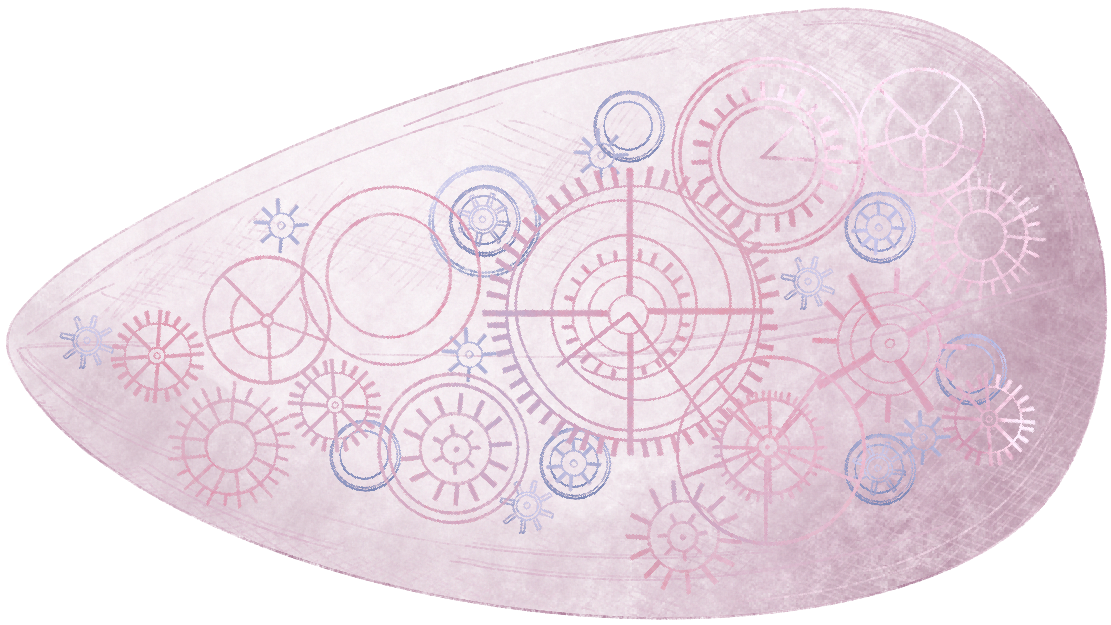
Referencing SPEAK AND BE HEARD, Asia Pacific Forum on Women, Law and Development (APWLD) Guide to Women’s Tribunals, the Steering Committee will be hosting two online events focusing on justice and advocacy for women in Malaysia.
Steering Committees of The Joint Action Group for Gender Equality (JAG):
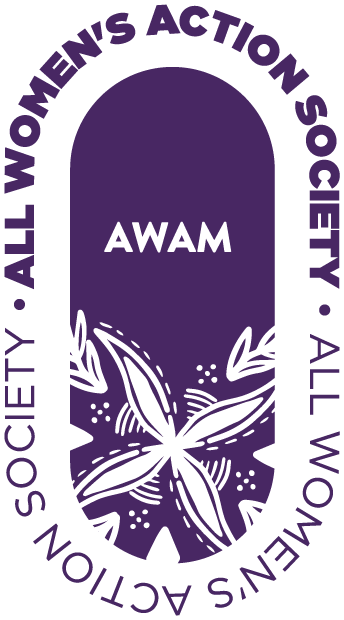

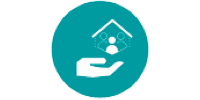
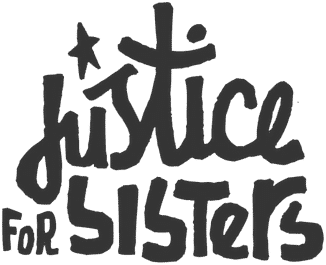

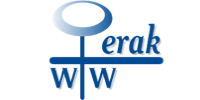

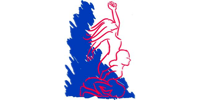
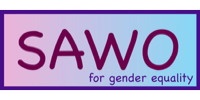

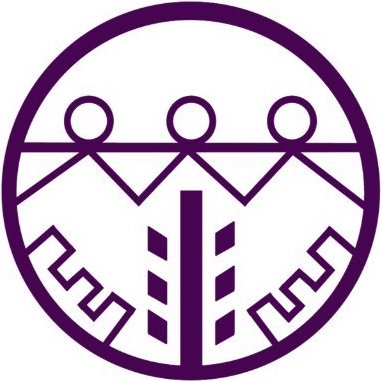


with:
A women’s tribunal is a tribunal of conscience created by and for women to draw attention to critical issues affecting women.
The Women’s Tribunal 2021 will advocate for the elimination of discrimination against women in order to achieve gender equality and access to justice.
Its purpose is to gather testimonies from affected persons to be presented to the panel of judges. These affected persons, made up of diverse women, will share their personal stories of violations and discrimination. Advocates will then take the floor to deliver presentations which will contextualize the women’s stories within a legal, policy and cultural framework.
The judges will evaluate the presentations and issue their findings and recommendations based on the State’s obligations and principles of non discrimination and substantive equality articulated in the United Nations Convention of Elimination of All Forms of Discrimination Against Women (CEDAW) and other international human rights commitments.
While the Women’s Tribunal Malaysia 2021 is not an official sanctioned body, nor does it go through a formal judicial process, we believe that it will have the moral authority consisting of a panel of eminent judges who are experts on human rights and gender equality.
“Although women’s tribunals do not have the authority to enforce criminal liability or state responsibility, they can deliver other forms of justice by publicly acknowledging harms committed, shifting blame away from the victim, promoting truth-telling and experience-sharing, and paving the way toward restoration, healing, and transformation” - APWLD, Speak and Be Heard: APWLD Guide to Women’s Tribunal

In 1995, the government of Malaysia ratified the Convention on the Elimination of All Forms of Discrimination Against Women (CEDAW), and made a binding commitment to respect, protect and fulfil the rights of all women and girls.
However, 26 years on and we have yet to see significant strides towards gender equality in social, political and economic spheres. We also have less than 10 years to achieve the 2030 Agenda for Sustainable Development. Simply put, we are running out of time.
Women’s rights organisations in Malaysia have identified the lack of access to justice as a critical structural barrier towards the actualisation of gender equality.
Cultural prejudices, absence of gender-sensitive legislation and limited rights-based awareness, all intersect to encumber women from both seeking and accessing justice in situations where their rights are violated. To deny women justice is to not only deny them equality, but also their humanity. For further information, read our FAQs.
The women’s testimonies and their respective issues will be drawn from Malaysia’s state obligations to international human rights treaties and global commitments and, more importantly, the gaps in their implementation.
These include:
“If you have come here to help me you are wasting your time, but if you have come because your liberation is bound up with mine, then let us work together.”
Lilla Watson, Aboriginal elder, activist and educator from Queensland, Australia

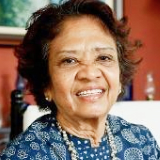
For the past 35 years, Mary Shanthi Dairiam has been involved in the promotion of women’s right to equality and non-discrimination through law and policy measures. Her work has focused on building capacity for the domestic application of international human rights standards.In 1993 she founded the International Women’s Rights Action Watch Asia Pacific, (IWRAW Asia Pacific) an international NGO, based in Malaysia that monitors and facilitates the implementation of the UN Convention on the Elimination of All Forms of Discrimination against Women (CEDAW) globally. Currently she is the founding director of IWRAW Asia Pacific.
Mary Shanthi was elected as a member of the UN Committee on the Elimination of All Forms of Discrimination against Women (CEDAW) from 2005-2008.
In 2010 she was appointed by the UN Human Rights Council to the Panel of Enquiry to investigate the raid by Israel of the flotilla carrying humanitarian goods to Gaza. She has been a member of the Women's Aid Organization in Malaysia since 1984 and is currently its President. She is also the Advisor of the Policy Advocacy Committee of the National Commission of Women’s Organisations. For the past 35 years, Mary Shanthi Dairiam has been involved in the promotion of women’s right to equality and non-discrimination through law and policy measures. Her work has focused on building capacity for the domestic application of international human rights standards.
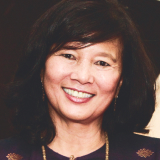
Zainah Anwar co-founded two ground-breaking women’s groups that engage with Islam from a rights perspective to promote the rights of women living in Muslim contexts.
She is a co-founder of Sisters in Islam (SIS) in Malaysia and led it from 1999-2008. She recently stepped down as the founding Executive Director of Musawah, the global movement for equality and justice in the Muslim family, launched in Kuala Lumpur in 2009.
Musawah works in the areas of knowledge-building, capacity-building and international advocacy to build knowledge and support for the possibility and necessity of reform towards equality and justice for women living in Muslim contexts and to challenge the ways governments and non-state actors use Islam to justify discrimination against women and resist demands for law reform.
She has received several awards, including the 2019 United Nations Malaysia Award for advancing Human Rights and Fundamental Freedoms, the 2018 Harvard Law School award as one of the top 25 “Women Inspiring Change” globally in the areas of law and policy. She was named by Newsweek and The Daily Beast as one of the 150 women “who shake the world”, by Women Deliver as one of 100 most inspiring people in championing the rights of women and girls, and was recognised by the online International Museum of Women as one of the 10 leading Muslim women at the global level.

Nadia Malyanah's first serious foray into youth activism began with Small Changes Malaysia in 2016 during her linguistics undergraduate studies in Scotland. She currently juggles her day job as a programme associate at UNDI18 alongside the occasional freelance writing opportunities after-work hours. She also rapporteurs for various regional and Malaysian civil society organisation events since 2019, transcribing and reporting on events, roundtables, and meetings, while advocating for higher political participation & representation for Malaysian women with the 111 Initiative.
A born-and-bred Sarawakian, Nadia currently assists in the day-to-day management of the Undi Sarawak & Undi Sabah campaigns. She focuses primarily on the development, implementation, and evaluation of content, projects, and engagement strategies. She also acts as the research lead for the Undi Sarawak, having researched and written the UNDI18 voter education videos. Nadia's areas of interest include voter education, women’s political participation, children & women’s rights, Sarawak political history and sociolinguistics.
We believe in a holistic approach to women’s empowerment. Take a break, recharge and rejuvenate with us. This feminist arts festival will reimagine advocacy with creativity, vibrancy and inclusivity.
For 90-minutes, our homegrown talent will bring you new experiences through music, poetry and creative dialogue.
This social art for change event is curated by Skin and Soul Art.
The following JAG organisations welcome volunteers. Explore the websites below for plenty more information and resources about women’s issues.
What is a Women’s Tribunal?
A women’s tribunal is a people’s tribunal, which creates a space to hear testimonies regarding injustices experienced by women. It can take various forms, from quasi-judicial hearings to informal sharing sessions.
Why is the Women’s Tribunal being held now?
26 years ago the Malaysian government made a legally binding commitment to protecting, fulfilling and respecting women’s human rights when it ratified the UN Convention on the Elimination of All Forms of Discrimination Against Women (CEDAW) in 1995 following the 4th World Conference on Women. However, almost 3 decades later, the commitments towards gender equality remain on paper and have yet to be achieved. Issues faced by women prior to 1995 are still as relevant as they are now.
Hence, the Women’s Tribunal Malaysia serves as a public tool of accountability to assess Malaysia’s compliance with its State obligations and commitments made in accordance with international human rights treaties; and how far have we progressed, or regressed, towards fulfilling the promise of women’s rights.
Malaysia’s compliance with not only CEDAW, but also human rights treaties such as the CRPD, CRC, BPfA, ICPD, SDG 2030 and numerous ILO conventions, will be assessed through examining the government’s implementation and enactment of laws and policies which were promised during the treaties’ ratifications. Assessing the enforcement of promised policy changes is crucial, as it highlights the gaps in implementation; in which women fall through, constituting the challenges they face.
The Women’s Tribunal gives Malaysian women the key opportunity to interact with the international treaty body system and gauge its direct impact on their demands for equal rights. It serves as an opportunity for Malaysian women to engage with human rights treaties, such as CEDAW, and understand how they establish the grounds of feminist advocacy in Malaysia.
Ultimately, the Tribunal aims to localise human rights treaties, which for too long have seemed distant to the average Malaysian, and illustrate their power to not only hold the State accountable for its shortcomings but as a tool to demand for the actualisation of our rights.
What are the objectives of a Women’s Tribunal?
Who are the organisers of the Women’s Tribunal Malaysia?
The Women’s Tribunal Malaysia is being organised by women’s rights organisations that make up the Joint Action Group for Gender Equality (JAG). Out of the 14 organisations in JAG, 13 are represented in the Steering Committee. The Steering Committee is also joined by ENGENDER Consultancy.
When will the Women’s Tribunal Malaysia be held?
The Malaysian Women’s Tribunal will take place online from 27 to 28 Nov 2021.
What will be the format of the Women’s Tribunal?
The Women’s Tribunal will hear testimonies over two days regarding various forms of discrimination against women such as violence against women and inequality in marriage. Each issue will feature direct testimony from a woman/women on how they were affected. Each testimony will be followed by a presentation by an advocate that will provide context to the direct testimony that was given. Such context will include matters such as the State’s international obligations, the legal structure, and underlying political and cultural issues.
How are the judges selected and what is their role?
A panel of three judges have been selected by the Steering Committee. They fulfil certain predetermined criteria such as having experience with human rights, understanding States’ international obligations, and being able to relate to grassroots issues. The Steering Committee has also endeavored to have adequate diversity and representation amongst the judges.
After hearing the direct testimonies, the judges will deliberate and will provide written findings and recommendations regarding the State’s performance and obligations under CEDAW and other international human rights standards.
The judges will also provide recommendations on what needs to be done to achieve gender equality and access to justice with regard to the issues that are raised.
Does the Women’s Tribunal have any legal authority?
While the Women’s Tribunal Malaysia 2021 is not an official sanctioned body, nor does it go through a formal judicial process, we believe that it will have the moral authority consisting of a panel of eminent judges who are experts on human rights and gender equality.
Who can attend the Women’s Tribunal?
All members of the public are invited to witness the proceedings. Women’s groups from Asia Pacific countries are invited too. The organisers will also invite representatives from the government, the Human Rights Commission of Malaysia (Suhakam) and a CEDAW committee member to attend and to respond to the testimonies and presentations. Attendance is online.
Have there been other similar tribunals held in the past? (And what have the results of these tribunals been?)
In Malaysia, we have never held a Women’s Tribunal however in 2014 BERSIH 2.0 organised a Peoples’ Tribunal on Malaysia’s 13th General Elections. Globally Women’s Tribunals have been held in Japan, Nairobi and Vienna to name a few. Check out our global map of past tribunals here.
What steps are being taken by the organisers to ensure the safety and dignity of witnesses?
We have assigned an NGO and a counsellor who will work with witnesses to ensure they are comfortable to share their stories in their own words and without any pressure. If any witness wishes to be anonymous they have a right to do so, and may choose to give her testimony as a voice recording.
What is CEDAW and its relationship to other UN treaties ratified by Malaysia?
In 1995 Malaysia ratified The Convention on the Elimination on all Forms of Discrimination (CEDAW), an international bill of rights for women. The government therefore has pledged to respect, protect, promote and fulfil the rights of women. Besides CEDAW our government has also ratified the Convention on Child’s Rights (CRC) and the Convention on the Rights of Persons with Disabilities (CRPD) which both contain provisions to protect girls and women.
Malaysia has also ratified several International Labour Organisation (ILO) Conventions which spells out women’s labour rights.
Besides these treaties, the Malaysian government has made a global political agreement through the Beijing Platform for Action and the Sustainable Development Goals.
This means that we can hold the government accountable through these binding international treaties including the political agreements to deliver gender equality. The government of Malaysia has pledged not only to the international community, but to everyone in Malaysia that it will fulfil its obligations in practicing non-discrimination and upholding gender equality.
What is the impact of these global agreements on Malaysian Laws?
By becoming a party to CEDAW and any treaty for that matter with provisions on gender equality, a State is legally obliged to take all appropriate measures to eliminate discrimination against women and advance gender equality.
One of the major successes of law reform has been the amendment to the equality provision of the Federal Constitution. In September 2001 “gender” was inserted onto Article 8 (2) of the Federal Constitution as one of the prohibited grounds of discrimination.
However, the definition of discrimination was not made explicit in the Federal Constitution, and the government has yet to incorporate the CEDAW Convention into national law. There is no gender equality legislation in place providing for the comprehensive realisation of substantive equality of women with men in both public and private spheres of life. This is unlike the position of children's rights, where the government introduced the Child Act 2001 after Malaysia acceded to the Convention to the Rights of the Child (CRC).
Nevertheless, the government participates in the treaty reporting mechanism and has received several recommendations by Treaty bodies of which some recommendations have been translated to policy reform. Furthermore women organisations are consistently reminding the government to adhere to the standards outlined in these treaties and political agreements that the Malaysian government has a moral obligation to fulfil.
What are the intended results of the Women’s Tribunal Malaysia?
What is the Kebahagiaan Dirimu Arts Festival?
On the third day of The Women’s Tribunal and after two days of testimonies, an online arts festival will be held to continue our advocacy for gender justice through performances, poetry, song and dance. Everyone is invited to watch and participate in this online arts festival which promises to leave you energized and empowered. Let’s practice self care and celebrate women through the arts.
What are the working principles of the Steering Committee?
Anti-Bullying policy & Anti - Sexual Harassment Policy
The Women’s Tribunal (WT) is working with a team comprising at least 50 persons. This includes the NGO partners, the Steering Committee, Sub Committees, witnesses, advocates, volunteers, judges, a technical team and three full time staff
The purpose of this policy is to communicate to all members of the WT team that the Steering Committee (SC) of the WT will not in any instance tolerate bullying in any form.
The SC is further committed to providing a safe environment free from harassment, including sexual harassment.
Definition of bullying
We define bullying as repeated, health-harming mistreatment of one or more people by one or more perpetrators. It is abusive conduct that includes:
Definition of sexual harassment
Sexual harassment is unwelcome conduct of a sexual nature which makes a person feel offended, humiliated and/or intimidated. It includes situations where a person is asked to engage in sexual activity as a condition of that person’s employment, as well as situations which create an environment which is hostile, intimidating or humiliating for the recipient. Sexual harassment can involve one or more incidents and actions constituting harassment may be physical, verbal and non-verbal.
How to make a Complaint
Any party who wants to make a complaint can write to: WomensTribunalComplaints@gmail.com
Ivy Nallammah Josiah
Meera Samanther
Wathshlah G. Naidu
Pravind Premnath
Sheelaa Ragavan
Melora Binti Shahabudin
Ivy N. Josiah
Meera Samanther
Wathshlah G. Naidu
Rusni Tajari
Thilaga
Angela M. Kuga Thas
Serene Lim
Nisha Sabanayagam
Betty Yeoh
Santhi Latha
Sheena Gurbakhash
Grazele Jenarun
Abinaya Dhivya Mohan
Bina Ramanand
Karen Lai Yu Lee
Sulastri Ariffin
Natasha Dandavati
Mary Anne Joseph
Irene Xavier
Glorene Das
Tan Chia Ee
Shareena Sheriff
Eleena Hidayah
Kanimoli Balakrishnan
Omna Sreeni-Ong
Lisa Fernandes
Meera Samanther
Wathshlah G. Naidu
Betty Yeoh
Tan Chia Ee
Thilaga
Abinaya Dhivya Mohan
Natasha Dandavati
Irene Xavier
Serene Lim
Shareena Sheriff
Sheelaa Raghavan
Lisa Fernandes
Omna-Sreeni Ong
Betty Yeoh
Amy Bala
Ivy N. Josiah
Pravind Premnath
Sheena Gurbakhash
Abinaya Dhivya Mohan
Suriani Kempe
Lily Jamaludin
Rusni Tajari
Ding Jo-Ann
Ivy N. Josiah
Pravind Premnath
Abinaya Dhivya Mohan
Lily Jamaludin
Maha Balakrishnan
Chin Oy Sim
Tan Beng Hui
Dr Yolanda Augustin
Kanimoli Balakrishnan
Kee Hui Yee
Nannerinanggai Vengadasalam
Larissa Ann Louis
Nur Kamilia Binti Rozlan
Wathshlah G. Naidu
New Sin Yew
Kee Hui Yee
Sheelaa Ragavan
Betty Yeoh
Thilaga
Serene Lim
Angela M. Kuga Thas
Tan Chia Ee
Rupa Subramaniam (Festival Director)
Angela M. Kuga Thas
Ivy N. Josiah
Khairunnisa Mohd Rawi
Jane Law Lee Bin
Catherhea Potjanaporn
Lee Ren Xin
Ivy N. Josiah
Wathshlah G. Naidu
Angela M. Kuga Thas
Meera Samanther
Nisha Sabanayagam
Sarinah Mat Salleh
Sean Ho (Website Creation)
Merissa Victor & SHAF (Women’s Tribunal Malaysia Official Video & Graphics)
Shika (Women’s Tribunal Malaysia Official Logo & Graphics)
Mathubalan Gunasogaran (Videographer)
Deepest appreciation to our supporters and collaborators
